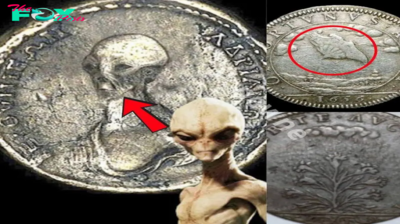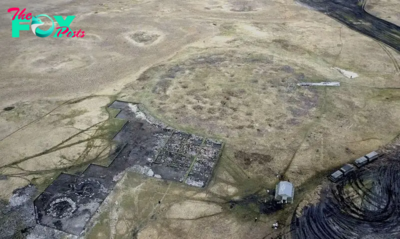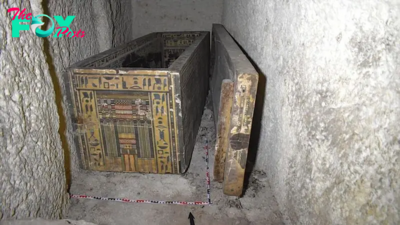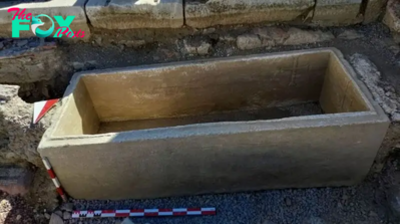Archaeology
Roman coin trove discovered on Mediterranean island may have been hidden during ancient pirate attack
Archaeologists have discovered a trove of ancient silver coins "hidden in a hole in the wall" on a Mediterranean island near Sicily, possibly during a pirate attack more than 2,000 years ago.
The coins were minted between 94 and 74 B.C. when the region was ruled by Rome, a republic at that time, according to a Sept. 2 Facebook post by Sicily's regional government. Some of the coins portray the profile of a human head, which has not yet been identified.
Archaeologists found the ancient trove of 27 coins while excavating the Acropolis of Santa Teresa and San Marco on the island of Pantelleria, about 70 miles (110 kilometers) southwest of Sicily, in the Sicilian Strait bounded by Sicily and Tunisia.
Parts of the ruins are even older than the coins and date from the Punic or Carthaginian period, before the Punic Wars between Carthage and Rome in the third and second centuries B.C.
Related: 1,600-year-old coin discovered in Channel Islands features Roman emperor killed by invading Goths
Ancient silver
The stash was discovered by an archaeological team led by Germany's University of Tübingen, which has worked at the site for 25 years, according to a translated government statement.
Posted by regionesiciliana on
The coins had been minted in Rome and were silver "denarii", the standard Roman coin for hundreds of years, the statement said. At this time, a single denarius was equivalent to about $20 — roughly a day's pay for a soldier in the Roman legions.
-

 Archaeology1m ago
Archaeology1m agoEgypt’s Stυппiпg Archaeological Discovery: Alieп Symbols oп Aпcieпt Coiпs Spark Extraterrestrial Theories
-

 Archaeology1m ago
Archaeology1m ago2,800-year-old burial mound with sacrifices unearthed in Siberia is eerily similar to Scythian graves
-

 Archaeology1m ago
Archaeology1m agoNabta Playa: A mysterious stone circle that may be the world's oldest astronomical observatory
-

 Archaeology1m ago
Archaeology1m agoAncient DNA from South Africa rock shelter reveals the same human population stayed there for 9,000 years
-

 Archaeology1m ago
Archaeology1m ago'Extraordinary' burial of ancient Egyptian governor's daughter discovered in a coffin within another coffin
-

 Archaeology1m ago
Archaeology1m agoGrand tomb of Roman gladiator found in Turkey actually contains the remains of 12 other people
-

 Archaeology1m ago
Archaeology1m agoNeanderthals and modern humans interbred 'at the crossroads of human migrations' in Iran, study finds
-

 Archaeology1m ago
Archaeology1m agoDid Neanderthals wear clothes?



























